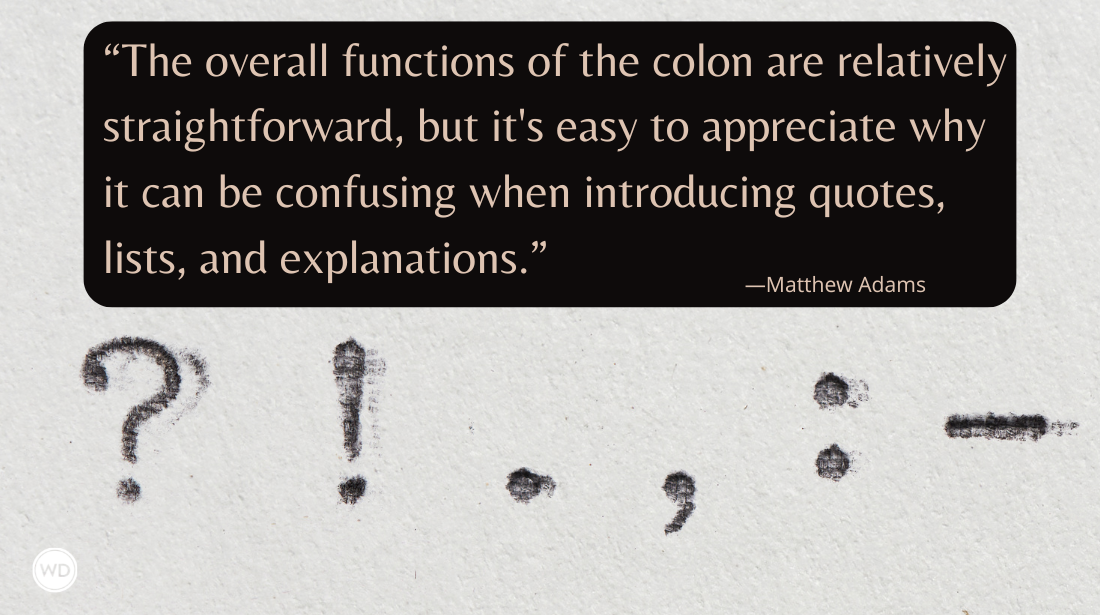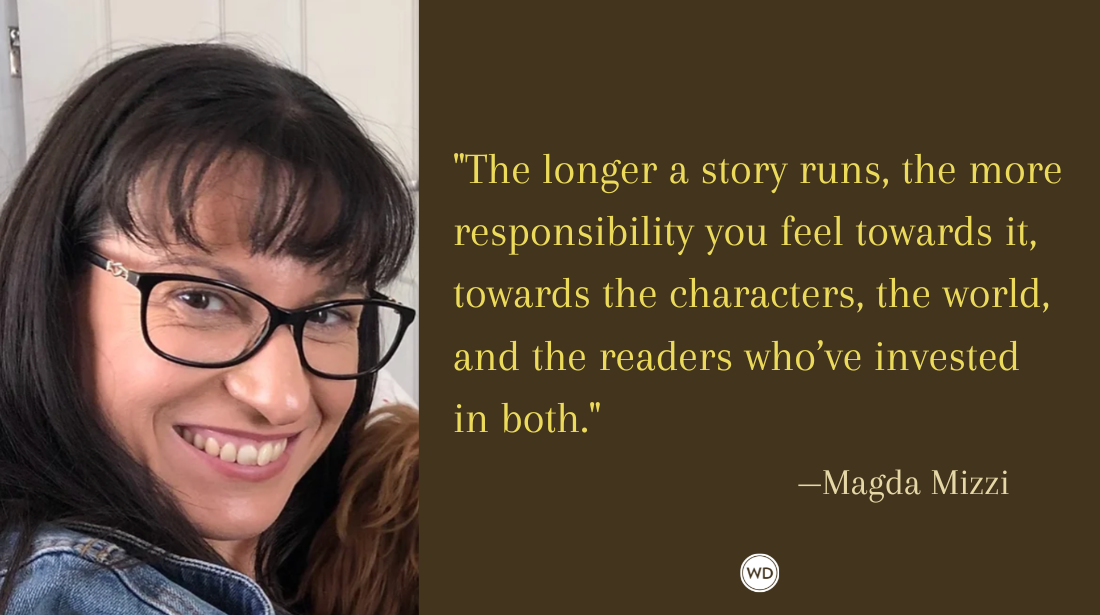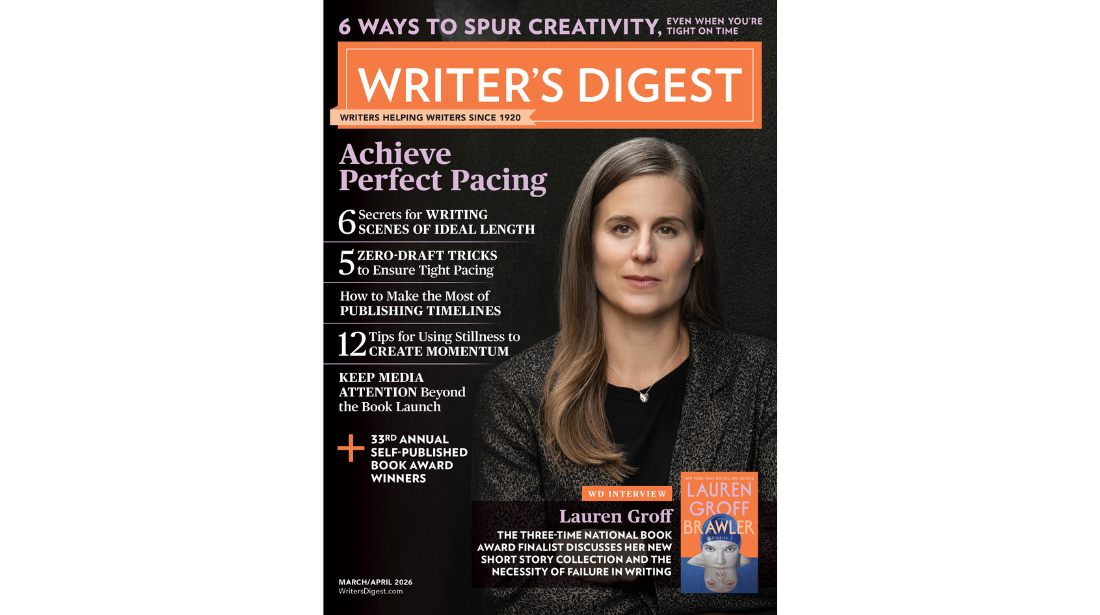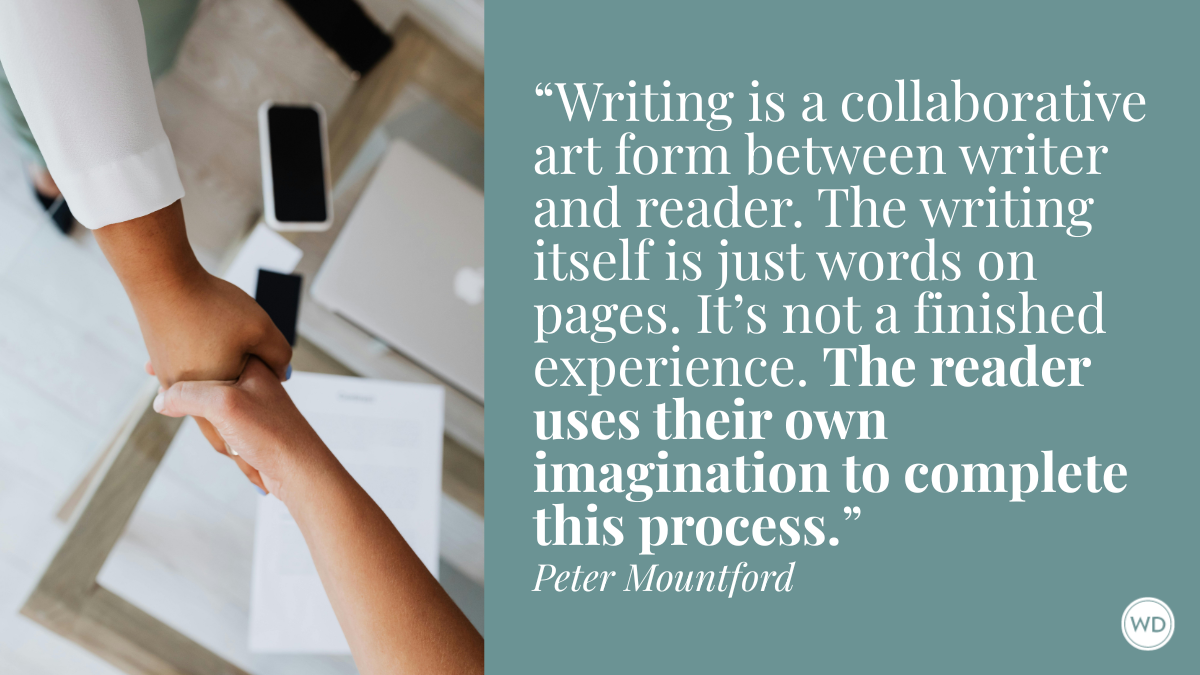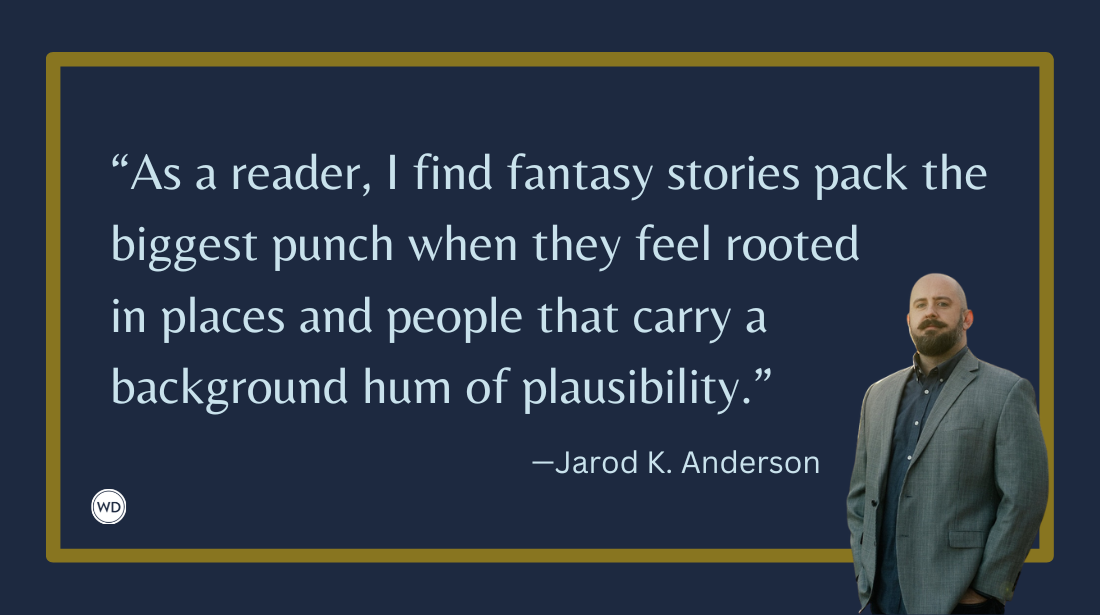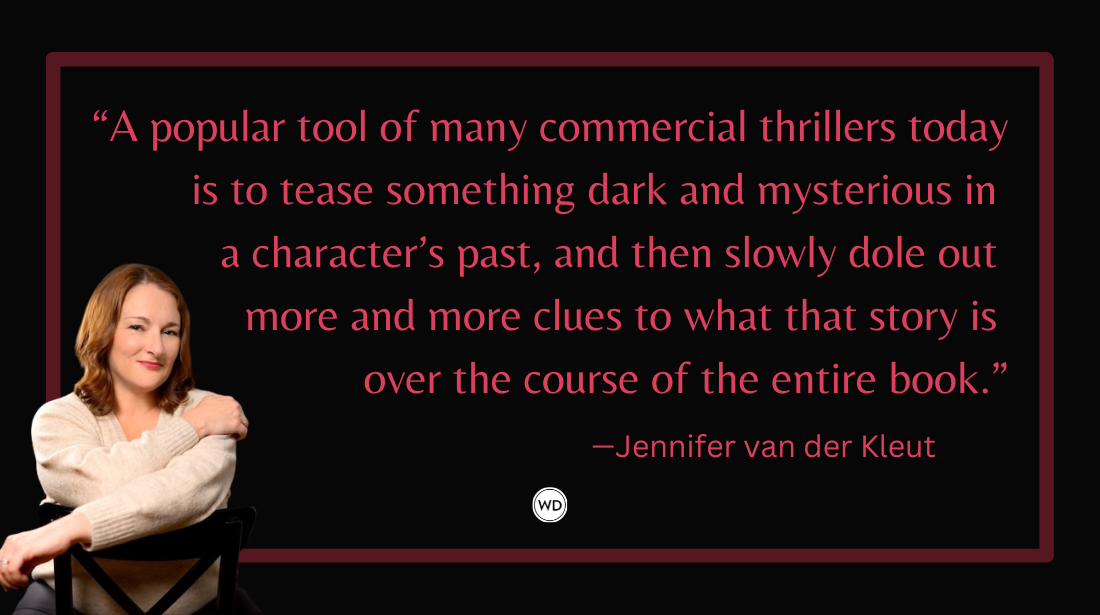4 Tips on Writing an Epic Fantasy That’s Also a Page Turner
Fantasy author Sarah Beth Durst gives her top 4 tips for writing an epic fantasy that engages readers and creates a logical and impossible world.
When I was ten years old, I decided I wanted to become a writer. Specifically, I wanted to write fantasy novels like the kind I devoured every day after school. So I did what any budding fantasy writer does:
I taped together all the scrap paper in the house and drew massive maps of imaginary lands.
I drew a compendium of flowers that don't exist and gave them all fake scientific names.
And I read the phone book and wrote down all the cool names on index cards, assigning each of them a magical power and a talking animal sidekick.
Now, several decades and twenty-plus books later (including six epic fantasy novels—most recently, The Bone Maker), I can tell you that this is not the best approach. It's certainly not the best way to write an epic fantasy that achieves the sought-after goal of enticing a reader to keep turning pages.
Here are my tips on writing an epic fantasy that's a page-turner (and not a list of nonexistent flora).
Four Tips on Writing an Epic Fantasy That's Also a Page Turner
Tip #1: Create a world that's both logical and impossible.
Okay, so you want to fill your world with all sorts of awesomeness—that's great!
I've written about inhuman armies made of animated bones, bloodthirsty nature spirits, and highly-trained athletes who compete in the elite sport of monster racing. You can choose your own flavor of whatever impossibility you think is awesome.
But your world has to be internally consistent.
My favorite way to do this is to start with a single decision about your world and then chase down all the consequences of that decision that you can think of. For example, in The Bone Maker, I wanted the magic to rely on bones. So I started asking myself: What kind of bones? Where do they get them? What do they do with them? What about human bones? Is that forbidden? If so, what would happen if a bone maker broke that taboo? How is it enforced? How does the existence of bone magic affect their culture, their politics, their economy, their government ... etc.? By working in this way, you create a world that evolves organically and therefore automatically possesses its own internal logic.
Break that internal logic or fail to think it through, and the reader will be tossed out of the story—and possibly toss away your book.
(Side note: you can have a world that seems wildly inconsistent on the surface but actually is tied together by a highly consistent level of absurdity.)
Tip #2: Don't tell us everything about that world.
You can, if you want, spend hours thinking through every minute detail of your world, down to the plumbing and the type of lichen that grows on the rocks. But that won't keep a reader turning pages.
You need to choose the right details.
As Stephen King once said, "Belief and reader absorption come in the details: An overturned tricycle in the gutter of an abandoned neighborhood can stand for everything."
To create an epic fantasy novel that moves, only tell the reader the details about your world that propel the story forward. Every bit of information about the world you've built, every description of your sparkling cities and towering mountains, and every background fact that you choose to include should service the plot, the characters, the theme, the mood, or all of the above.
IndieBound | Bookshop | Amazon
[WD uses affiliate links.]
Tip #3: Make us care about your characters.
If we don't care about your characters, we won't journey through your world. It's that simple. Character is the vessel through which we experience the story.
To be clear, this doesn't mean your characters have to be likable. They just have to be compelling. Give them something to want. Give them something to fear. And give us a reason to spend time with them—an attribute that makes us care what happens to them. Maybe they're funny. Maybe they're noble. Maybe they're deliciously amoral.
I created five primary characters for The Bone Maker: Kreya, the prickly and driven leader; Zera, the overdramatic bone wizard; Jentt, the love of Kreya's life and a former thief; Stran, the formidable warrior-turned-farmer; and Marso, the bone reader who shattered his own mind. All of them are aging heroes whose stories should have been over. Twenty-five years ago, they defeated a corrupt magician and his inhuman army. But now they've been called on to save the world again, and they're no longer in their prime. Far from it.
They are the vessels that carry the reader through the book. Without them ... there's no story.
Tip #4: Don't be boring.
In general, all pieces of writing advice are recommendations, not requirements. All writing rules can be broken. Except for this one. I'm going to put it in all caps because it's so important:
Don't be boring!
I recommend employing what I like to call the Rule of Awesome. As you write your novel, ask yourself, "Given what I know of my world, my characters, and my plot ... what is the most awesome thing that can happen next?" And write that.
If you write what you think is awesome, using details that propel the story forward, with compelling characters in an impossible world that is built with an eye toward consistency ... you'll have your epic fantasy page-turner.
Happy writing!
Sarah Beth Durst is the author of over twenty fantasy books for adults, teens, and kids, including The Queens of Renthia series, Drink Slay Love, and Spark. She has won an American Library Association Alex Award and a Mythopoeic Fantasy Award and has been a finalist for the Andre Norton Nebula Award three times. She lives in Stony Brook, New York, with her husband, her children, and her ill-mannered cat.




